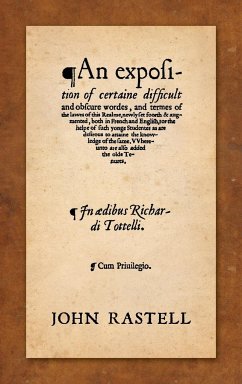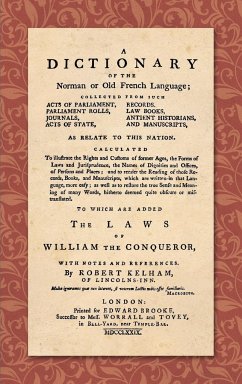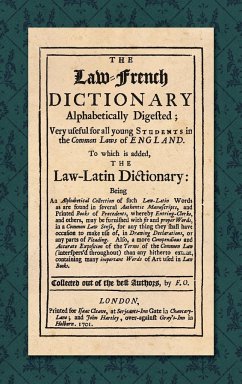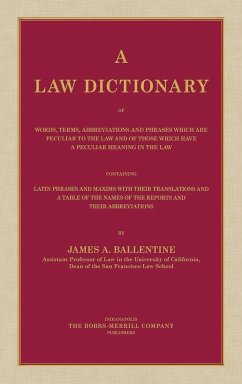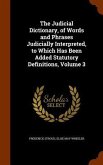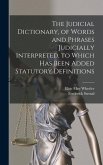The first edition of Rastell's law dictionary precedes in point of time the publication of the first general English dictionary, and is the most important English dictionary before Cowell's controversial Interpreter (1607). John Rastell [d.1536] was a successful lawyer and printer. He published his dictionary around 1523 with the title Expositiones Terminorum Legum Anglorum. (Later editions are titled Termes de la Ley or An Exposition of Certain Difficult and Obscure Words). Immediately successful, it went through at least twenty-nine editions, the last appearing in 1819. Hicks praised its value and described it as useful for its insights into the state of the common law at the close of the year-book period. This early edition is especially significant because it was printed by Richard Tottel [fl. 1553-1594]. Tottel was an important London printer who owned the patent for many common law books. Originally published: [London]: Richard Tottel, [1579].

